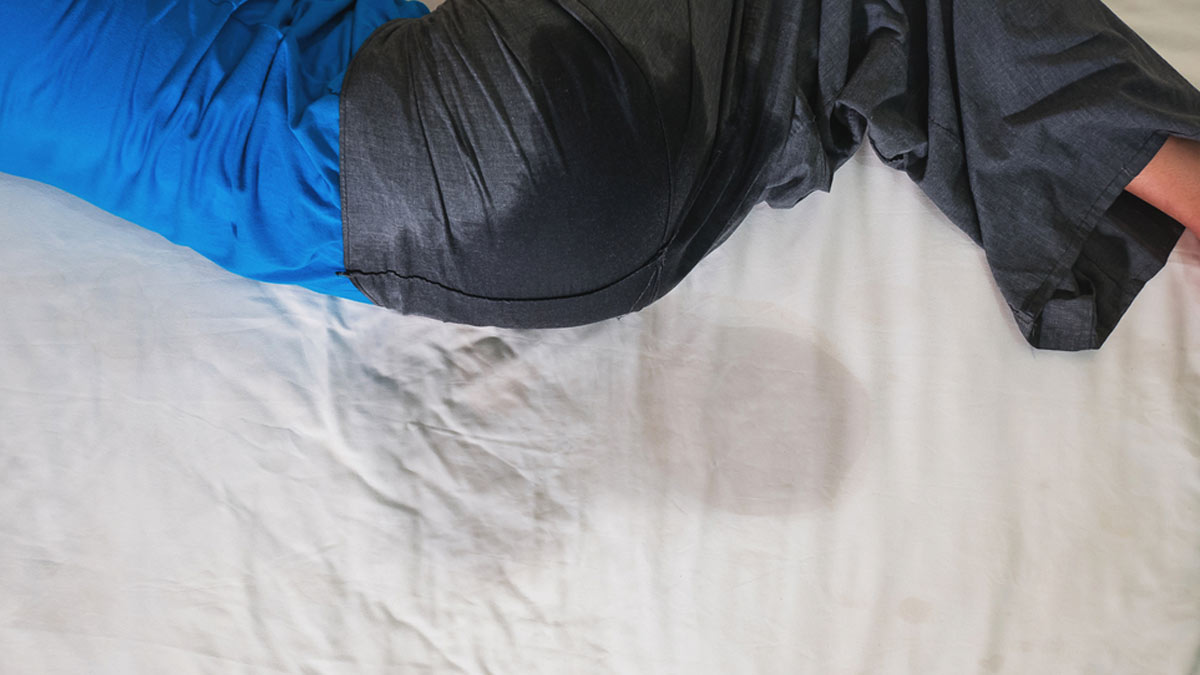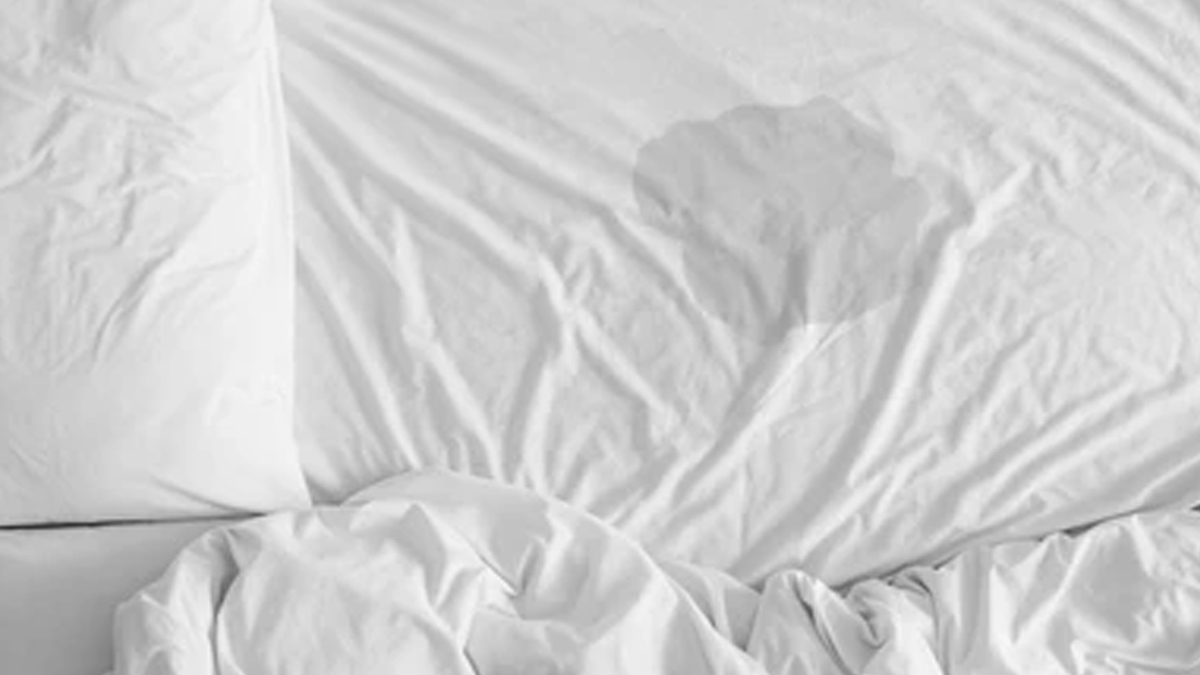
Nocturnal enuresis or bed wetting is common in children up to the age of five and is often associated with childhood. However, it can persist into adulthood or maybe reappear in later years. Stress is the major cause of bedwetting even when grown up. Many times, embarrassment and hesitation cause adults or children who have developed bladder control but are yet facing nocturnal enuresis to not report the same to health care professionals.
To understand this problem in adults, OnlyMyHealth interacted with Sheena Sood, Consultant, Psychology & Counsellor at P.D. Hinduja Hospital & MRC, Khar, Mumbai.
Explaining the condition, Sood said, “Occasional is understandable but persistent bedwetting after a certain age has passed does merit getting inputs from a healthcare professional. Even in the geriatric population persistent nocturnal enuresis needs inputs from a health care professional.”

OnlyMyHealth also interacted with Mrudula Joshi, Senior Psychologist and Outreach associate, Cell Management, Mpower, Thane.
Talking about the factors causing nocturnal enuresis, Joshi said, “While various physical factors can contribute to nocturnal enuresis, psychological components play a significant role, particularly for those who continue to experience it past childhood.”
There can be both physical and psychological causes of facing nocturnal enuresis even after a certain age has passed. Here are some causes.

1. Stress
As per Joshi, stress and anxiety are primary psychological factors associated with adult nocturnal enuresis. High levels of stress can interfere with the brain's ability to signal the bladder to inhibit voiding during sleep. “Anxiety disorders can similarly disrupt sleep patterns and the stability of the nervous system's control over bladder functions. In adults, the pressures of daily life, including work stress, familial responsibilities, or financial concerns, can exacerbate these symptoms, leading to nocturnal enuresis,” she said. Adding more to it, Sood said, “Someone who has had major life changes or gone through a major life changing event or trauma may face anxiety and stress causing bed wetting.”
2. Functionally Small Bladder
This means that your bladder functions like it is smaller in size and is full at low fluid intake as well. “This is tough to manage at night and in general as the need to urinate is more frequent. Bladder training, hence, is very helpful,” Sood said.

3. Diabetes Mellitus
Explaining how diabetes can lead to bedwetting, Sood said, “Fluctuating levels that are high levels of blood sugar leads to increased urination and can lead to bedwetting as well. Hence, treating diabetes is essential.”
4. PTSD
Post-traumatic stress disorder (PTSD) can also be linked to adult bedwetting. “Traumatic events may lead to sleep disturbances and nightmares, during which the individual might not fully awaken to recognise the need to urinate,” Joshi said. Adding more to this, Sood said, “Nightmares, persistent thoughts of the traumatic event and a range of symptoms cause the individual to be in a state of fear, stress and anxiety causing bed wetting.”
Also read: How To Deal With Anxiety Or Stress Associated With Bedwetting?
Conclusion
It is essential that physical causes are detected and treated and equally necessary is to treat the psychological causes. A trauma informed psychologist along with the help of a psychiatrist is often helpful in treating psychological causes of nocturnal enuresis that someone faces even after a certain age. Identifying the right health care professional and early intervention is necessary.
Also watch this video
How we keep this article up to date:
We work with experts and keep a close eye on the latest in health and wellness. Whenever there is a new research or helpful information, we update our articles with accurate and useful advice.
Current Version